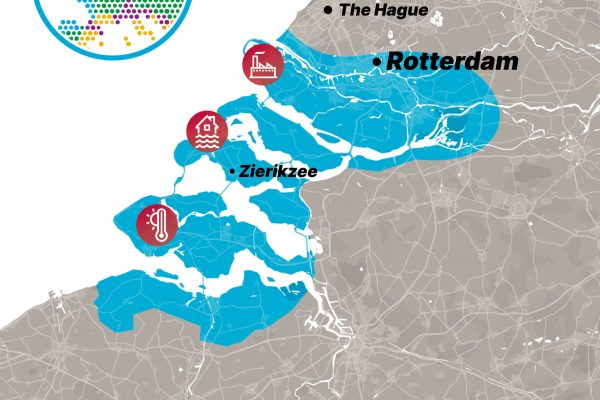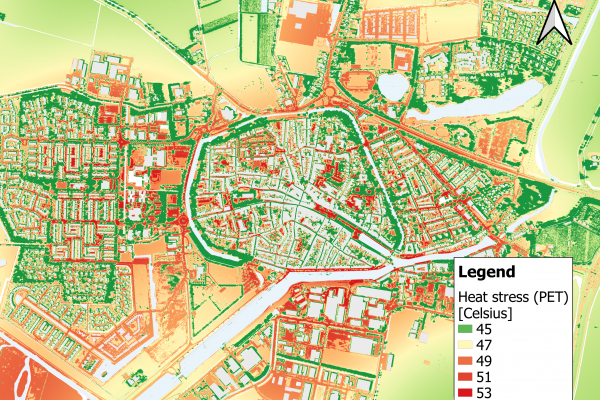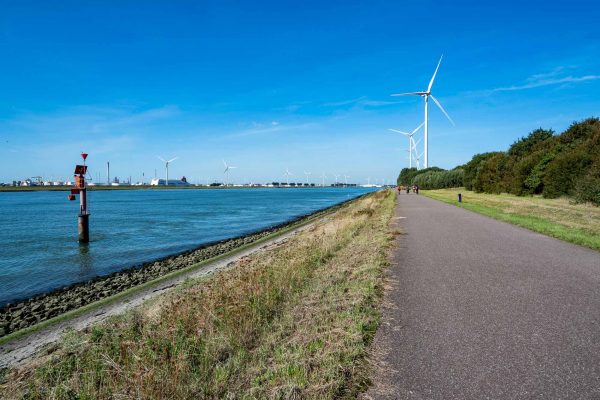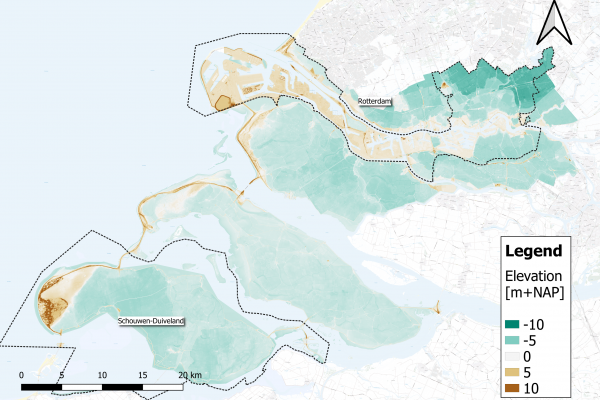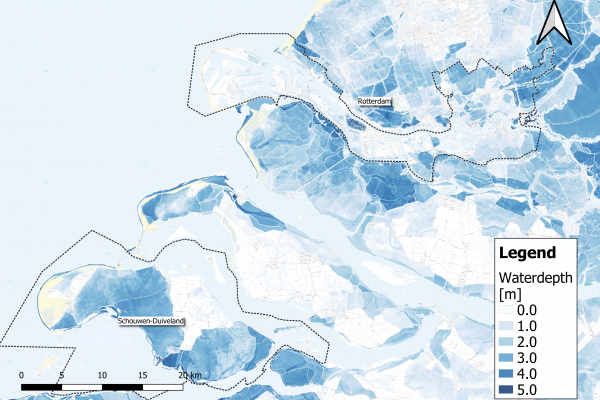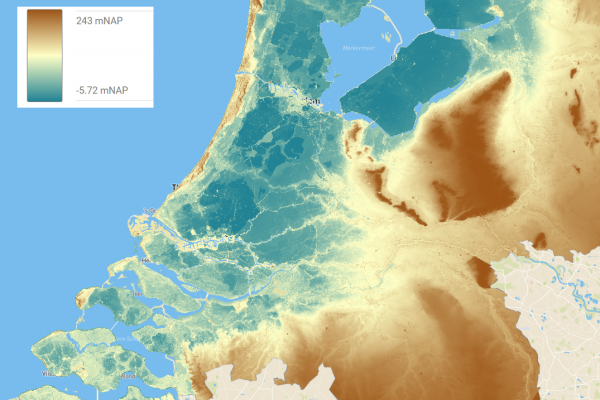Grapes being cut from the vine by hand. (Image: Andrea Cairone, Unsplash)
The production of wine is an important economic and cultural resource in many countries. For years, climate change effects such as heat waves, droughts, heavy rainfall, unexpected frosts, or milder and shorter winters have been affecting European wine production. Damaged vines, increased disease and thriving pests impact production and costs. With this constantly evolving ecosystem, there is an urgency to find effective solutions. A robust wine community response is needed to mitigate and adapt to the impacts, while taking biodiversity and wine quality into account. The EU-funded IMPETUS project helped to make the case and presented its human-digital approach for key decision making, during a conference organised by Lien de la Vigne Association, Vinelink, on 1 April 2022.
The Lien de la Vigne conferences make connections between the wine production sector and the world of scientific research. They focus on stimulating collaboration and the exchange of technical solutions within the wine profession. In the 2022 event, around 40 wine sector representatives explored the theme of climate change adaptation for the first time. Discussions covered the adaptation of vineyard plants and ongoing developments by wine producers. More resilient grape species, for example those that do well at high altitudes, are being transferred to other climatic regions as a way to adapt to extreme events. New grape varieties are needed that can tolerate the proliferation of vineyard pests and diseases. And ecologically-friendly vineyard design, using renewable elements such as green roofs, electric vehicles, and water recycling, will be key for sustainable wine production.
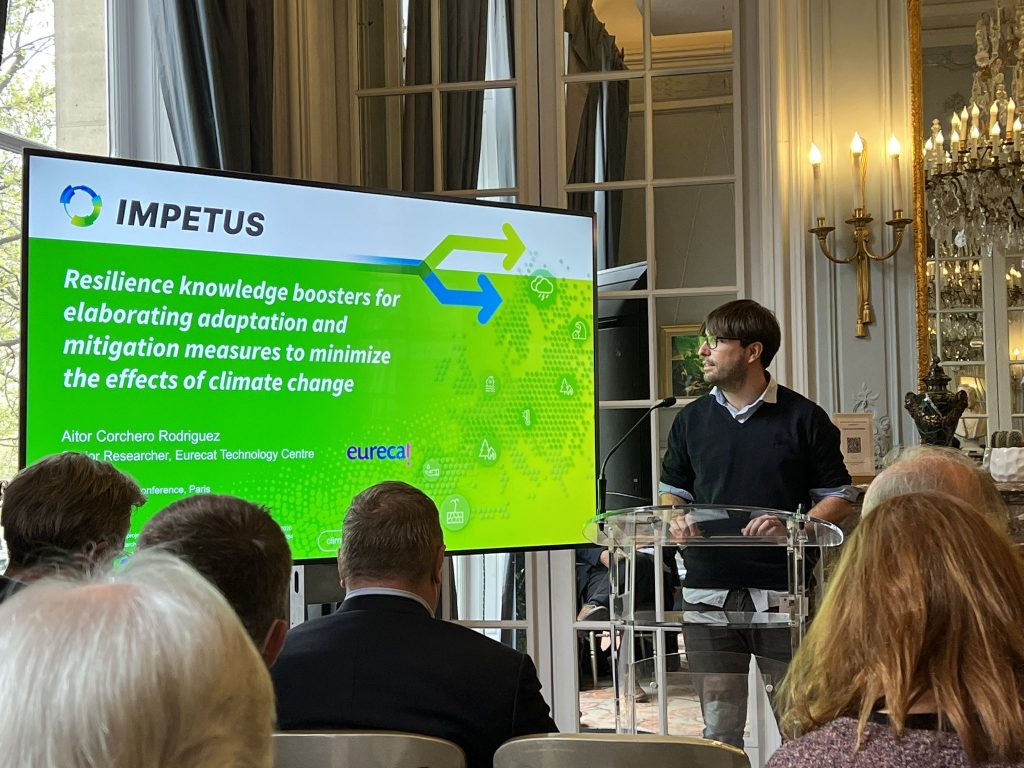
The IMPETUS for action
Aitor Corchero, a senior researcher with Eurecat Research and the IMPETUS technical coordinator, presented the project activities. The wine-growing region of Valle dei Laghi in Trentino, northern Italy, represents one of seven bio-climatic regions of Europe where the project is working. By combining community stakeholder activities and innovative digital tools in each region, the project will leave a legacy of interconnected ‘resilience knowledge boosters’ that support the ongoing creation of climate adaptation solutions and use locally relevant climate models and visualisations to aid regional decision making. In the longer term, IMPETUS will share the knowledge and solutions from its partners and local stakeholders with other regions. This will make a contribution to European winemakers and farmers, and provide land management models to local and regional authorities.
IMPETUS activities in Trentino focus on the Alpine valley Valle dei Laghi, the project’s ‘Mountains’ bio-climatic demonstration site. The regional partners are coordinated by Eurac Research, which will design, test and implement solutions for optimally managing the region’s most precious resource, water. Two other partners are essential for healthy and responsible water management in viticulture: the Sarca-Mincio-Garda mountain catchment basin organisation BIM Sarca, and Waterjade by MobyGIS, a company that deals with modelling and optimisation of the water cycle. The Mountain Research Initiative, hosted at the University of Bern, is providing use of its Global Network for Observations and Information on Mountain Environments (GEO Mountains). And the viticultural cooperative Cantina Toblino is testing new high altitude vineyard cultivation in a land parcel granted to the project by the Municipality of Madruzzo.
This multi-disciplinary team will assess climate-related risks, create a regional ‘digital twin’ for seasonal water models, integrate governance and financial decision support tools, and promote the uptake of innovative solutions by engaging with regional, national and international stakeholders, using cultural heritage and societal responsibility to increase acceptance.
Wine sector IMPETUS partner
Cantina Toblino’s general manager, Carlo De Biasi also discussed the theme of sustainability and climate change during the ‘Modes of adaptation to climate change’ conference organised by Lien de la Vigne, as vice president of the association. His talk focused on dealing with the effects of climate change on montane viticultural crops that are dedicated to the production of Trento DOC sparkling wines.
“Those who work in the vineyard every day have to make decisive choices to better face the consequences of climate change. Today we can carry out studies with cutting-edge tools that allow us to develop, for example, viticulture in areas at above-average altitudes, in order to preserve the elegance and fragrance of the wines. This will allow us in the near future to improve the quality of the grapes through an innovative, careful, rigorous and sustainable viticulture.”
Carlo De Biasi, general manager of Cantina Toblino, vice president of Lien de la Vigne
Participation in IMPETUS was a factor contributing to a wine innovation award for Cantina Toblino on 10 March. In a video interview (in Italian) with the Le Fonti Award host, Carlo de Biasi discussed the project and the need to adapt to climate change.
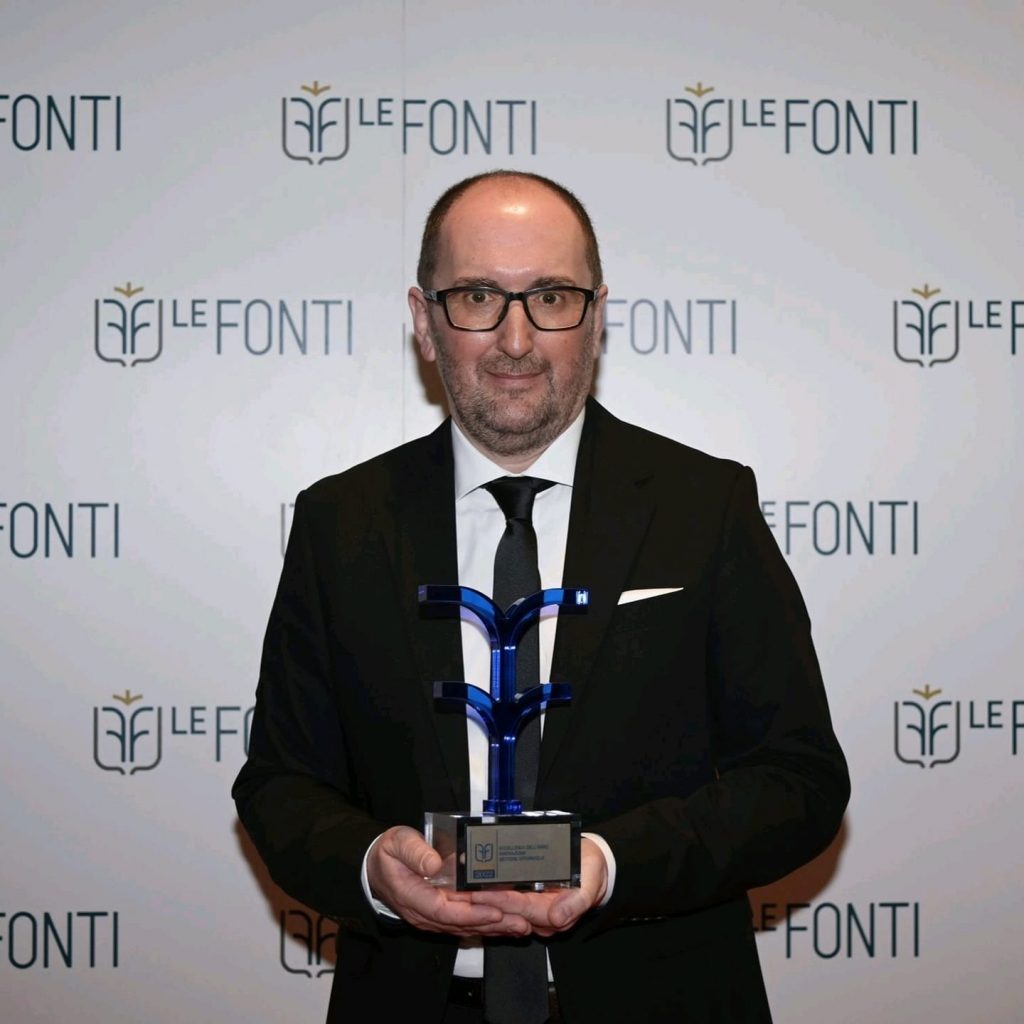
Cantina Toblino representative Giovanni Brumat also presented the Valle dei Laghi regional IMPETUS activities and the impacts of climate change on viticulture on 9 March 2022, in a session organised by IMPETUS and 3 sister climate resilience projects – REGILIENCE, ARSINOE and TransformAr – as part of the 3rd EU Macro-Regional Strategies Week.
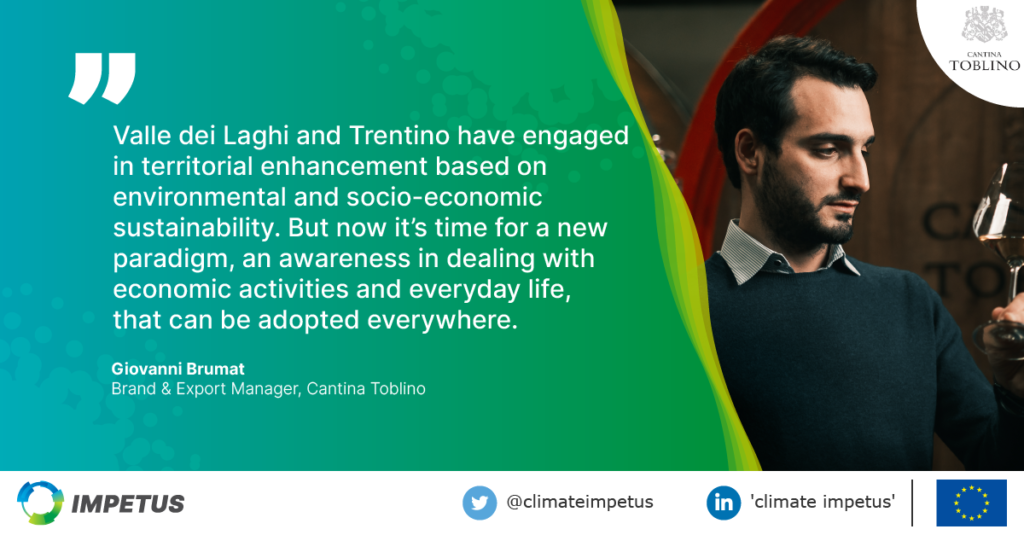
Further information
More about the IMPETUS ‘Mountains’ demonstration site, partners and activities.
Follow Lien de la Vigne on Facebook.


